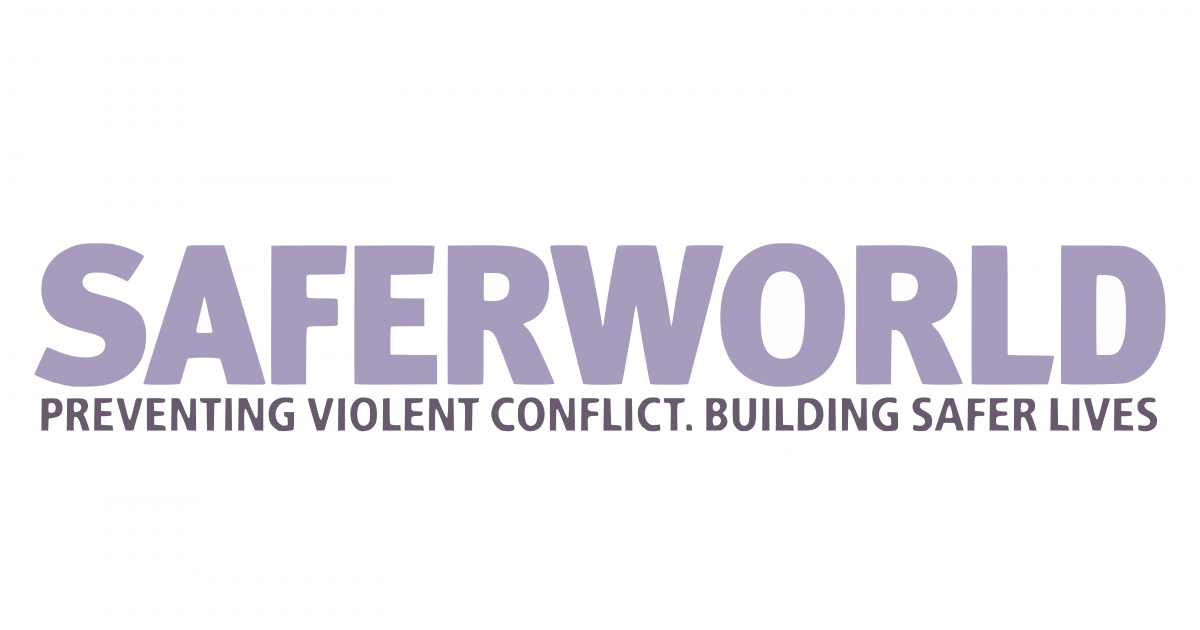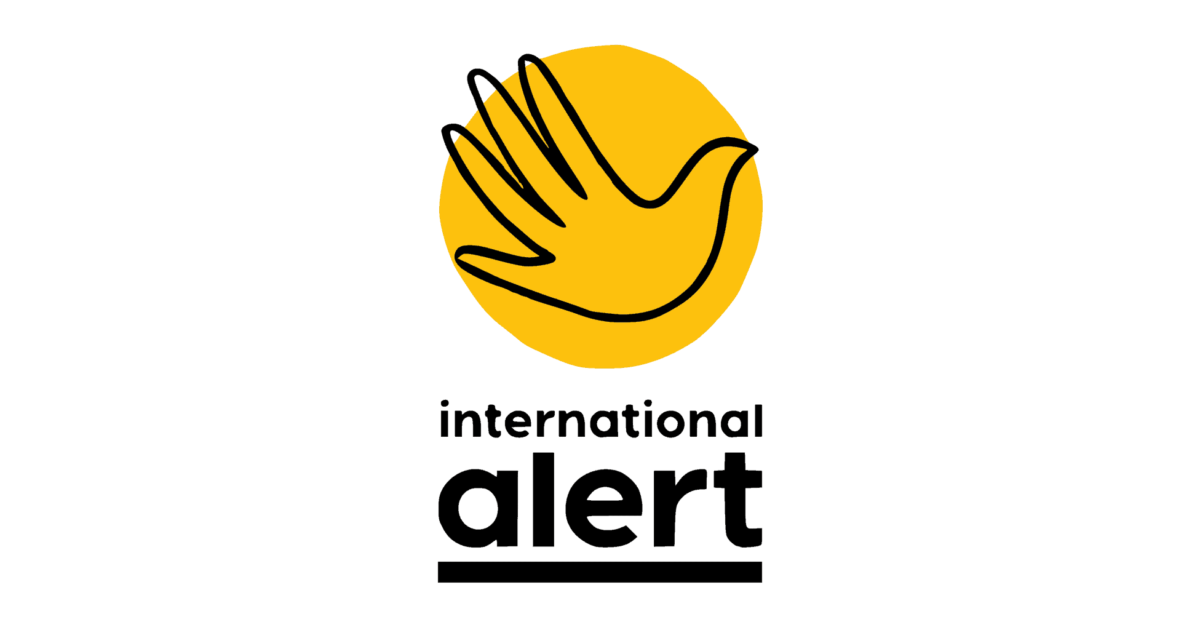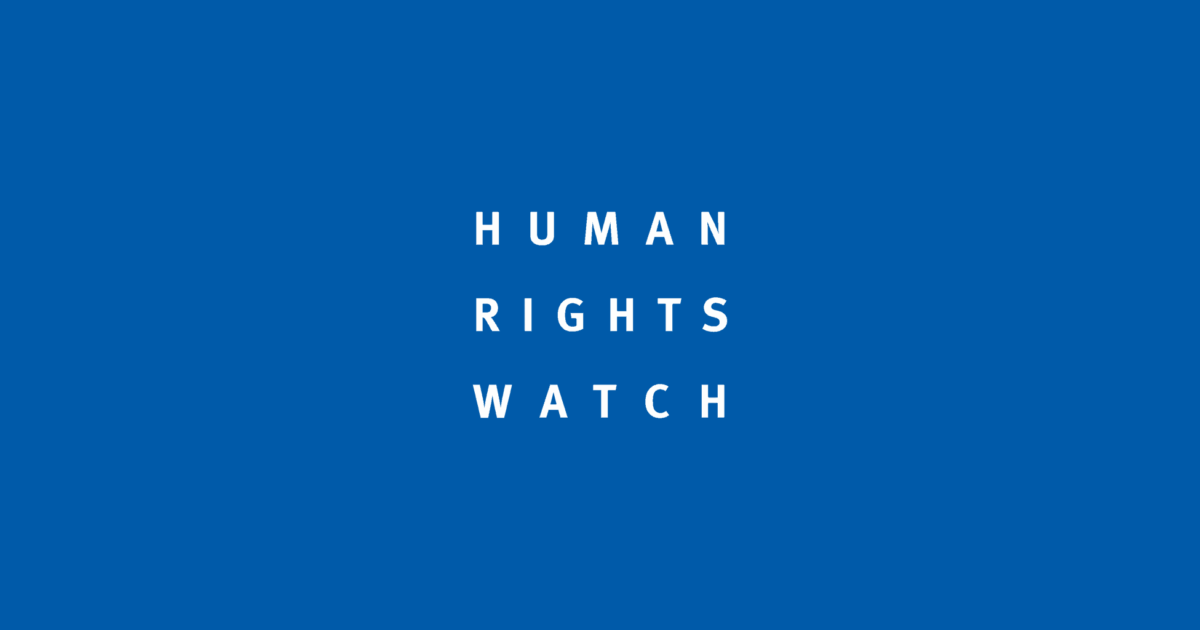Nepal
Nepal
As both active participants in, and survivors of violence, Nepali women were deeply affected by the 1996-2006 civil war, and have an important role in building lasting peace in the country. In order for women to be full and effective participants in Nepal’s political system, greater attention must be given to the high rates of violence that Nepali women face.
Worldwide, gender-based violence is the leading cause of death for women aged 19 to 44, and in Nepal, it is reported that one-third of married women have experienced violence from their spouse (World Bank). Violence against women is a major obstacle to development due to its high societal cost and negative perennial impacts on political and economic stability.
Based on the work of NGOWG members and their partners, the NGOWG advocates for improved reporting on the situation in Nepal, including detailed information on cases of sexual exploitation by humanitarian workers, and the effectiveness of instruments to address this; women’s involvement in the political and judicial sectors; and how disarmament, demobilization and reintegration (DDR) processes are taking into account the specific needs of female ex-combatants.
Current and Past Recommendations to the UN Security Council (Monthly Action Points)
In his last report on the situation in Nepal (S/2010/214), the Secretary-General provided information on the numbers of women within the UN Mission (UNMIN), but no information on the situation for women in Nepal, despite recent political developments. The next report should include detailed information on: cases of sexual exploitation by peacekeepers/humanitarian workers and the effectiveness of instruments to address this; women’s involvement in the development of the new constitution, and how it will address their concerns; women’s role in the justice sector, both the formal and transitional justice processes; what human rights violations women are exposed to and what redress is available for them; and how DDR programs are taking into account the specific needs of female ex-combatants. With the mandate of UNMIN terminating in January 2011, it is important that in the transition, the following are addressed:
- Ensuring all female former combatants are provided with support programs (employment, skill training, reintegration etc).
- Ensuring survivors of gender-based violence have full access to information and conflict relief and recovery programs.
- Increasing resources to ensure basic medical and health care for survivors of conflict at the community level.
- Prioritizing women’s participation in all post conflict recovery programs, especially ensuring adequate representation in the constitution drafting process, the electoral system, the police and the judiciary.
- Instilling further measures towards ending impunity for crimes related to women and children, particularly sexual violence.
- Supporting special women’s hearings by Nepal’s truth and reconciliation commission.
In his last report on the situation in Nepal (S/2010/214), the Secretary-General provided information on the numbers of women within the UN Mission (UNMIN), but no information on the situation for women in Nepal, despite recent political developments. The next report should include detailed information on: cases of sexual exploitation by peacekeepers/humanitarian workers and the effectiveness of instruments to address this; women’s involvement in the development of the new constitution, and how it will address their concerns; women’s role in the justice sector, both the formal and transitional justice processes; what human rights violations women are exposed to and what redress is available for them; and how DDR programs are taking into account the specific needs of female ex-combatants. With the mandate of UNMIN terminating in January 2011, it is important that in the transition, the following are addressed:
- Ensuring all female former combatants are provided with support programs (employment, skill training, reintegration etc).
- Ensuring survivors of gender-based violence have full access to information and conflict relief and recovery programs.
- Increasing resources to ensure basic medical and health care for survivors of conflict at the community level.
- Prioritizing women’s participation in all post conflict recovery programs, especially ensuring adequate representation in the constitution drafting process, the electoral system, the police and the judiciary.
- Instilling further measures towards ending impunity for crimes related to women and children, particularly sexual violence.
- Supporting special women’s hearings by Nepal’s truth and reconciliation commission.
Relevant Resources










